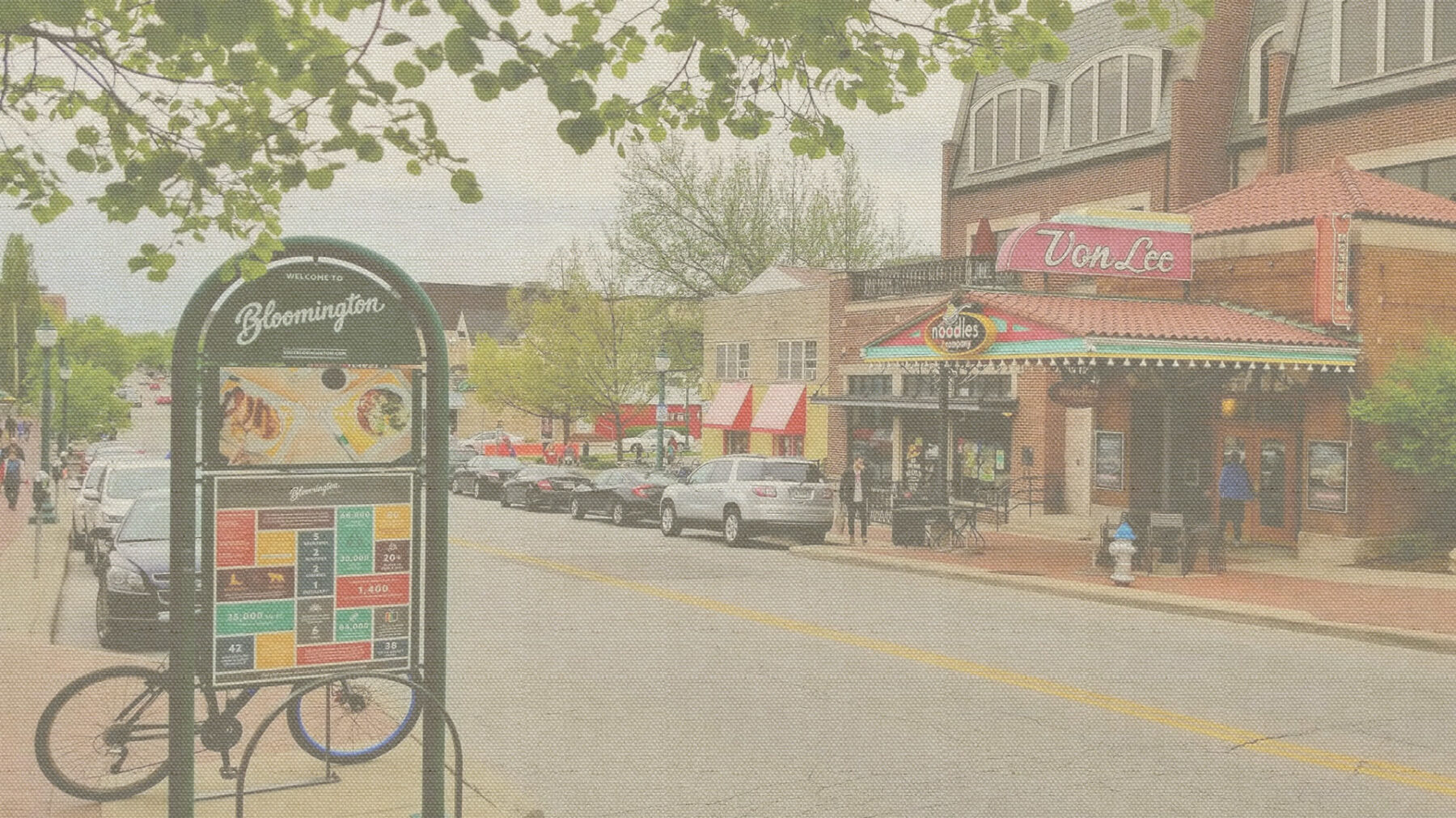Over the Christmas break I cleaned out some unused audio equipment and office supplies. I’ve been selling them on Ebay where there is a provision that if the winning bidder doesn’t pay, you can click a button to initiate a “Second Chance Offer.” This letter from Paul to Philemon is just that – an opportunity to make things right a second time around for his runaway slave Onesimus.
It is a beautifully written letter that is crafted in a way that brings humor, compassion, persuasion and conviction all in one package. If you haven’t read it, take a moment to go to page two of our handout.
An idea that resonated from our morning discussion (shout out to those who braved the cold and the morning after the national football championship) was how this letter was written in a way that helped show the world how Christians are different. The apostle Paul was in prison when he wrote this and most likely his mail was read by the Roman officials, the original NSA. This idea of treating a slave with compassion would have really stood out to them. Slaves were just property – the punishment for a disobedient slave was at the owners discretion and could go from a slap on the hand all the way to execution. For a runaway slave who caused “pain and grief”, the expectation would be for a severe punishment. Yet Paul is begging for Philemon to receive him back in love.
The way in which Paul eloquently leads Philemon to consider this request is a great model for how we too can be an advocate for someone who needs a second chance. Paul’s advocacy even goes as far as offering to help pay the debt out of his own account. (Even with a comment that we all laughed at when Paul says, “I won’t remind you of the fact you actually owe me your very life”).
A key thought from the noon discussion centered around how Paul described his prayers for Philemon. He used powerful words which carry a lot of meaning. The observation was made how Paul’s prayer for Philemon carried the mindset of developing a strength of character and a stronger walk with God. So often our prayers tend to focus on the needs people express (health, finances, jobs, travel, safety, etc.) – it’s not wrong to pray for those things. Yet a good question to ask ourselves is how often we pray as Paul did for people to “put into action the generosity that comes from your faith and understanding of Christ.”
All in all a great book… fantastic read. May we all look for those opportunities to live our lives in a way that sets us apart from how the world normally lives. God so often has given us a second chance, shouldn’t we do the same for others.
